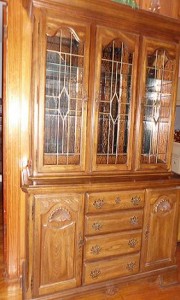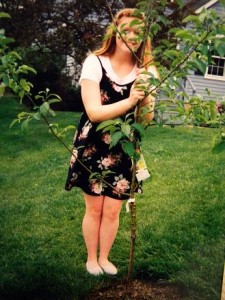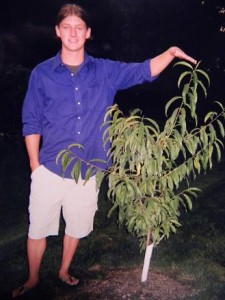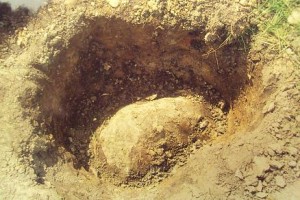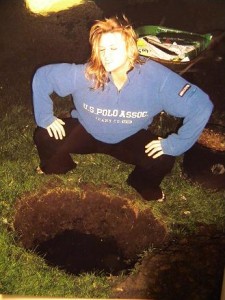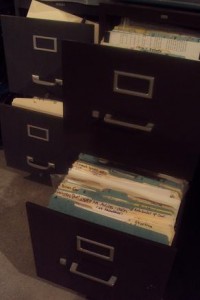There are two seasons of life: collecting and dispersing. When we get married, bridal shower gifts and wedding presents give us a jump on creating a new home. Then as we travel through the years, we move to bigger digs and eventually add children. Along with them comes a new volume of equipment, and all of it needs space. Children grow, we age, and the pile-up of years can pile up enough possessions to threaten our sanity.
Every once in a while it’s good to take inventory, but most of us are too busy until it’s time to down-size. And suddenly we have a problem.
Because it took four years for our family to sell our big, old house, I had plenty of time to condense our stuff. The first year I set a goal to eliminate 1/3rd or every drawer, cabinet and closet as preparation for the move.
The second year I did it again, this time stretching for half of everything. Storage began to loosen up, and it felt better than going on a diet and losing weight.
More reducing was necessary to squeeze two houses into one, and now, two years later, I’m at it again. We’ve still got too much furniture in our small home, so I’ve made plans to ditch the largest piece, a big china hutch.
This cabinet has housed my beloved collection of glass items for 25 years, and in order to send it out the front door, I needed to eliminate more than half of what it held.
And it was much harder than I thought.
I struggled to decide what to let go of and needed some standard by which to measure each piece’s value, not in dollars but in sentiment. I decided to get rid of everything that wasn’t linked to someone special.
The process wasn’t easy, but that was an excellent reason to do it. I love my glass, but it was glass-gluttony for sure. No one person needs all I had. Scripture tells us to hold our possessions lightly and continually acknowledge that all of it is God’s blessing. Our stuff finds ownership in him.
Jesus told the story of a man who did so well at accumulating, he had to build bigger buildings to hold it all. The result was an identity in what he owned and an inflated opinion of his own importance. Because of those two things, Jesus labeled him “a fool.”
The Lord challenges us to find our riches in a bond with him. People say, “You can’t take it with you,” which is true of all earthly assets. But we can take the Lord’s relationship with us when we die.
And that’s the one possession I’ll never eliminate.
“Jesus said, “Beware! Guard against every kind of greed. Life is not measured by how much you own. A person is a fool to store up earthly wealth but not have a rich relationship with God.” (Luke 12:15,21)

